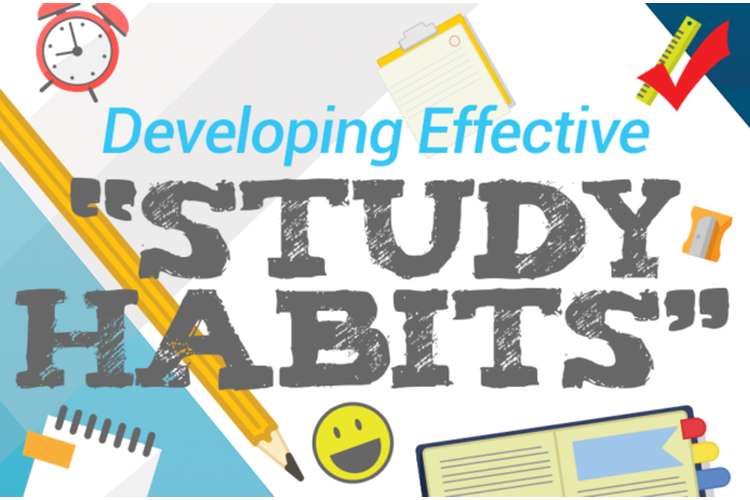
Introduction
College is a transformative phase in a student’s life, where academic success often hinges on effective study habits. As an editor of an English education website, I aim to provide a comprehensive guide on developing effective study habits in college. This article will explore the importance of study habits, effective strategies for studying, the role of technology in studying, and real-life examples of successful study habits. By equipping college students with the knowledge and tools to study effectively, we empower them to excel academically and achieve their goals.
I. Understanding the Importance of Effective Study Habits
A. Enhancing Learning and Retention Effective study habits improve the learning process by optimizing comprehension and retention of information. By adopting strategies that align with individual learning styles, students can enhance their ability to absorb and recall knowledge.
“The more that you read, the more things you will know. The more that you learn, the more places you’ll go.” – Dr. Seuss
B. Time Management and Productivity Developing effective study habits helps students manage their time efficiently, allowing them to balance academic responsibilities with other aspects of college life. By establishing routines and prioritizing tasks, students can increase their productivity and achieve a healthy work-life balance.
II. Effective Strategies for Developing Study Habits
A. Establishing a Study Routine Creating a consistent study routine helps condition the mind for focused learning. Set aside dedicated study hours each day, preferably during periods when you are most alert and focused. Designate a quiet and comfortable study space that is free from distractions.
B. Active Learning Techniques Active learning techniques promote engagement and critical thinking. Rather than passively reviewing notes or readings, engage with the material by summarizing key concepts, asking questions, and connecting new information to existing knowledge. Incorporate active learning methods such as group discussions, self-quizzing, and teaching concepts to others.
C. Effective Note-Taking Develop effective note-taking techniques that suit your learning style. Consider using methods such as Cornell notes, concept mapping, or highlighting key points. Actively listen during lectures, identify key ideas, and record them in a concise and organized manner. Review and consolidate your notes regularly.
III. Leveraging Technology for Effective Studying
A. Digital Tools for Organization and Time Management Utilize digital tools, such as productivity apps and online calendars, to organize your study schedule, set reminders, and track progress. These tools can help you stay on top of assignments, deadlines, and other commitments.
B. Online Resources and E-Learning Platforms Leverage online resources and e-learning platforms to access supplementary study materials, interactive tutorials, and practice quizzes. These resources provide flexibility and convenience, allowing you to study at your own pace and revisit topics as needed.
C. Collaborative Study Platforms Take advantage of collaborative study platforms that facilitate group discussions, knowledge sharing, and virtual study sessions. These platforms allow you to connect with peers, exchange study materials, and gain different perspectives on course content.
IV. Real-Life Examples of Successful Study Habits
A. Jessica’s Story: Effective Time Blocking Jessica, a college student, developed a study habit of time blocking. She divided her study hours into focused blocks, dedicating specific time slots to different subjects or tasks. By adhering to her schedule and avoiding multitasking, Jessica increased her productivity and achieved excellent academic results.
B. Alex’s Story: Utilizing Active Learning Techniques Alex incorporated active learning techniques into his study routine. He engaged in discussions with classmates, sought clarification from professors, and created flashcards to reinforce key concepts. By actively engaging with the material, Alex improved his understanding and retention of course content.
C. Sarah’s Story: Leveraging Technology for Organization Sarah utilized digital tools to enhance her organization and time management skills. She utilized a productivity app to create to-do lists, set reminders, and track her progress. With improved organization and timely task completion, Sarah experienced reduced stress and improved academic performance.
Conclusion
Developing effective study habits is essential for college students to excel academically. By understanding the importance of study habits, adopting effective strategies, leveraging technology, and drawing inspiration from real-life examples, students can enhance their learning experience and achieve their goals.
“Success is the sum of small efforts, repeated day in and day out.” – Robert Collier
Let us encourage and empower college students to cultivate effective study habits, knowing that their dedication, strategic planning, and use of resources will pave the way for academic success and personal growth. With these habits in place, students can thrive in their college journey and emerge as lifelong learners.
















